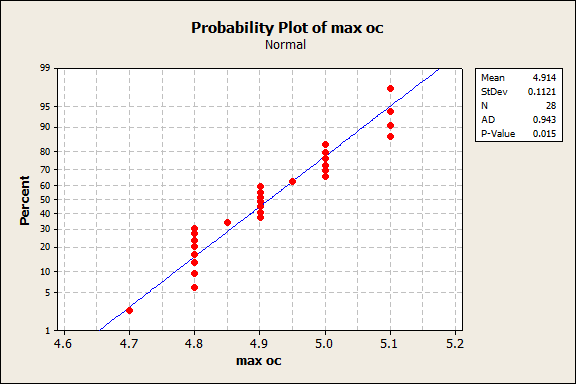thesmokingman
Supreme [H]ardness
- Joined
- Nov 22, 2008
- Messages
- 6,617
anyone able to do a few sketches up with dimensions for the delider? Shipping costs are a bit rough to down under! So i'll make one!
Google it. Ppl have posted numerous design so I bet you will find something.
![[H]ard|Forum](/styles/hardforum/xenforo/logo_dark.png)


